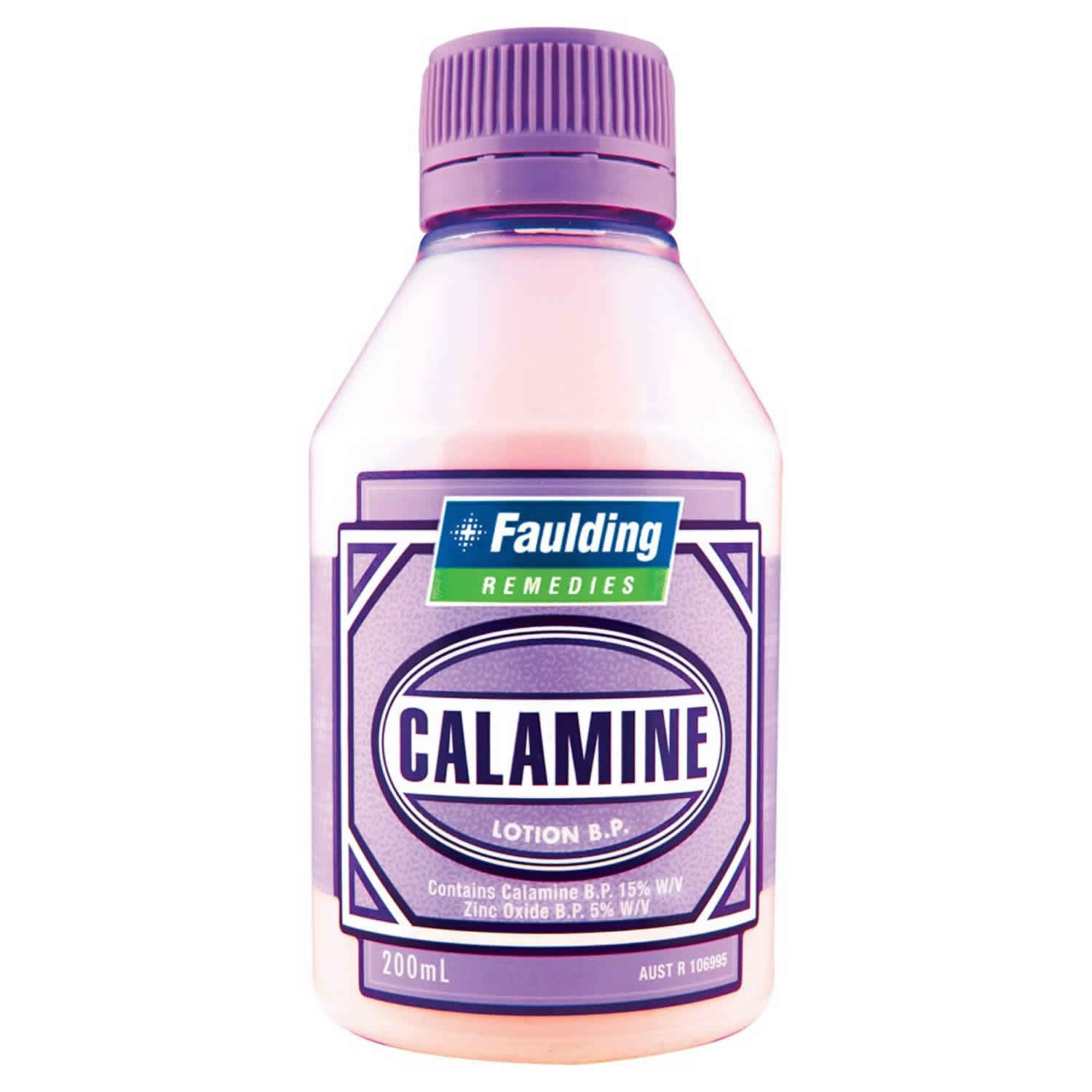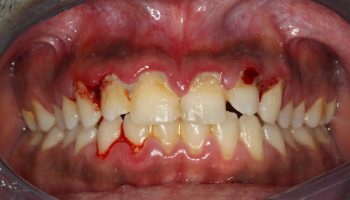What is calamine lotion
Calamine lotion is an anti-itch medicine that works by causing a cooling sensation as it evaporates on your skin. Calamine also dries oozing or weeping from minor skin irritation. Calamine lotion contains phenol, which cools the skin.
Calamine lotion for the skin is used to treat itching and skin irritation caused by chickenpox, insect bites or stings, measles, eczema, sunburn, poison ivy, and other minor skin conditions.
Calamine lotion is available without prescription.
How does calamine lotion work?
Calamine lotion is an anti-itch medicine that works by causing a cooling sensation as it evaporates on your skin. Calamine also dries oozing or weeping from minor skin irritation. Calamine lotion contains phenol, which cools the skin.
Calamine lotion uses
Calamine lotion for the skin is used to treat itching and skin irritation caused by chickenpox, insect bites or stings, measles, eczema, sunburn, poison ivy, poison oak, and poison sumac and other minor skin conditions.
Calamine also dries oozing and weeping caused by poison ivy, poison oak, and poison sumac.
Calamine special precautions
You should not use calamine lotion if you are allergic to it.
Ask a doctor or pharmacist if it is safe for you to use calamine if you have other medical conditions, especially any allergies.
It is not known whether calamine topical will harm an unborn baby. Do not use this medicine without a doctor’s advice if you are pregnant.
It is not known whether calamine topical passes into breast milk or if it could harm a nursing baby. Do not use this medicine without a doctor’s advice if you are breast-feeding a baby.
Although there is no specific information comparing use of calamine in children with use in other age groups, calamine is not expected to cause different side effects or problems in children than it does in adults.
How to use calamine lotion
Calamine is for external use only. Do not swallow it and do not use it on the eyes or mucous membranes such as the inside of the mouth, nose, genital (sex organs), or anal areas.
To use calamine lotion:
- Before you apply calamine topical, wash the skin with soap and water. Allow the skin to dry completely.
- Shake the lotion well before using.
- Moisten a cotton ball with the calamine lotion. Use the moistened cotton ball to apply the lotion to the affected skin area(s).
- OR
- Apply calamine topical directly to the skin and rub in gently, allowing it to dry on your skin.
- Allow the medicine to dry on the skin.
- Wash your hands with soap and water after applying calamine lotion.
Calamine lotion may leave a thin film on the skin as it dries. You may cover the treated area with loose clothing, but calamine can stain fabrics it comes in contact with.
Call your doctor if your symptoms do not improve after 7 days of treatment, or if your symptoms clear up and then come back.
Store at room temperature away from moisture and heat. Do not freeze or refrigerate.
To use calamine ointment:
- Apply enough medicine to cover affected skin area(s) and rub in gently.
Dosing
The dose of calamine will be different for different patients. Follow your doctor’s orders or the directions on the label. The following information includes only the average doses of calamine. If your dose is different, do not change it unless your doctor tells you to do so.
The amount of medicine that you take depends on the strength of the medicine. Also, the number of doses you take each day, the time allowed between doses, and the length of time you take the medicine depend on the medical problem for which you are using the medicine.
- For minor skin irritations:
- For topical dosage forms (lotion, ointment): Adults and children—Apply to the affected area(s) of skin as often as needed.
Calamine lotion side effects
Calamine lotion is generally safe with no side effect. However, get emergency medical help if you have any of these signs of an allergic reaction while taking calamine topical: hives; difficult breathing; swelling of your face, lips, tongue, or throat.
Call your doctor at once if you have:
- redness, rash, pus, or other signs of infection.
This is not a complete list of side effects and others may occur. Call your doctor for medical advice about side effects.





